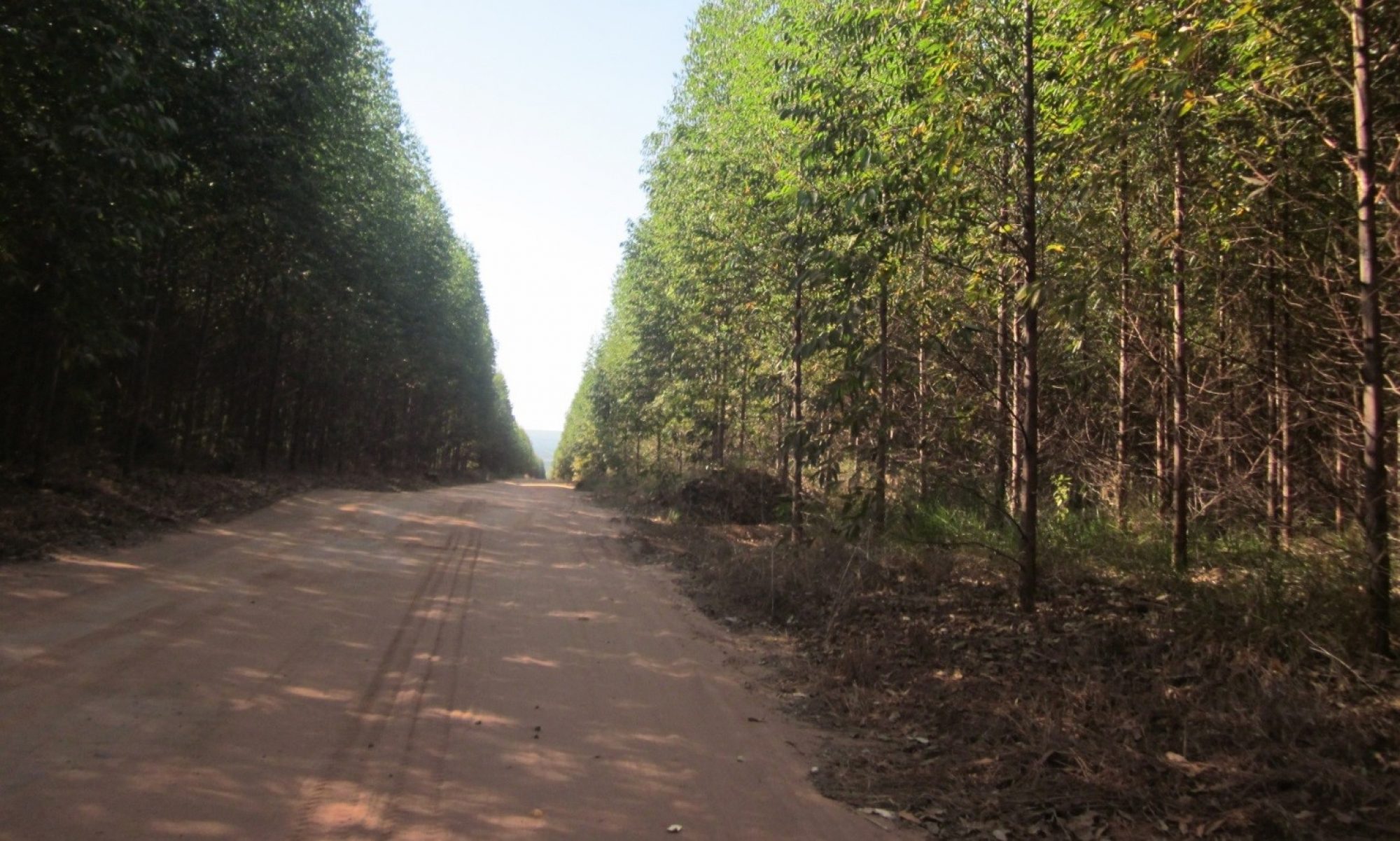Bioenergy governance
Blas MOLA-YUDEGO, Daniela NOUSIAINEN
Summary
The global dimension of bioenergy trade has grown parallel to new challenges. Biomass is based on the extraction of natural resources, such as wood, that are not equally distributed along the geography. When this extraction fulfills sustainability criteria, in the environmental, economic and social dimensions, their impacts are minimal and contribute to several benefits. However, the policy frameworks that regulate these operations is variable along countries and geographies, creating unequal conditions: often the production of wood is located in one place, operated by a company from a different place, to be transported and consumed in another location. The subject of governance focuses on these “coordination mechanisms that rest outside the authority of states”. The sessions presents different examples of poor governance and of conflicts due to bioenergy utilization. The case of a massive plantation in the Tana Delta in Kenya, where it was planned an investment encompassing 160 000 ha of jatropha plantations for biofuels that was contested by local ENGOs. The case is analysed using ethical analysis, which aims at “a reasonable decision procedure which is sufficiently strong… to determine the manner in which competing interests should be adjudicated, and, in instances of conflict, one interest given preference over another…” (Rawls, 1951:177). The process aims to just decisions, helping to ensure their sustainability, and it relies on the assumption of having competent moral judges in a transparent process, that addresses the emotional component of decision making, and increases the mutual understanding among those stakeholders involved.
Materials
Lecture Slides from Daniela Nousiainen: Lecture slides 2022
Readings
Arevalo, J., Ochieng, R., Mola-Yudego, B., & Gritten, D. (2014). Understanding bioenergy conflicts: Case of a jatropha project in Kenya’s Tana Delta. Land Use Policy, 41, 138-148 [PDF]
Gritten, D., Saastamoinen, O., & Sajama, S. (2009). Ethical analysis: A structured approach to facilitate the resolution of forest conflicts. Forest Policy and Economics, 11(8), 555-560 [PDF]
Complementary materials
Arevalo, J., Halder, P., Kortelainen, J., & Mola-Yudego, B. (2014). Bioenergy: From Local Conflicts to Global Governance. Oil, Gas & Energy Law Journal (OGEL), 12(4). [PDF]
Gritten, D., & Mola-Yudego, B. (2011). Exploration of the relevance of geographical, environmental and socio-economic indicators regarding forest conflict types. International Forestry Review, 13 (1), 46-55 [RG]
Halder, P., Prokop, P., Chang, C., Usak, M., Pietarinen, J., Havu-nuutinen, S., Pelkonen, P. & Cakir, M. 2012, “International Survey on Bioenergy Knowledge, Perceptions, and Attitudes Among Young Citizens”, Bioenergy Research, vol. 5, no. 1, pp. 247-261 [LINK]
Nousiainen, D., & Mola-Yudego, B. (2022). Characteristics and emerging patterns of forest conflicts in Europe – What can they tell us? Forest Economics and Policy. [PDF] [RG]
Segreto, M., Principe, L., Desormeaux, A., Torre, M., Tomassetti, L., Tratzi, P., Paolini, V., Petracchini, F. (2020). Trends in Social Acceptance of Renewable Energy Across Europe-A Literature Review. International Journal of Environmental Research and Public Health, 17(24), [PDF]
Wolfslehner, B., Pülzl, H., Kleinschmit, D., Aggestam, F., Winkel, G., Candel, J., Eckerberg, K., Feindt, P., McDermott, C., Secco, L., Sotirov, M., Lackner, M., Roux, J.-L. 2020.2020. European forest governance post-2020. From Science to Policy 10. European Forest Institute. [PDF]
Case of the Estonian wood pellet production mentioned during the meeting: https://www.theguardian.com/world/2021/jan/14/carbon-neutrality-is-a-fairy-tale-how-the-race-for-renewables-is-burning-europes-forests
Campain against EU forest-sourced bioenergy: https://you.wemove.eu/campaigns/the-eu-must-protect-forests-not-burn-them-for-energy
Concepts
Governance can be defined as any effort to coordinate human action towards goals, and can be understood in a broader sense than government as it can encompass coordination mechanisms that rest outside the authority of states (IUFRO, 2010)
Ethical analysis in J. Rawls, Outline of a decision procedure for ethics. The Philosophical Review, 60 (1951), pp. 177-197
Tasks
What are the future trends of the bioenergy conflicts worldwide?
What factors are affecting the identification of bioenergy conflicts?
Who/what are the main triggers of bioenergy conflict resolutions?
How does the bioenergy conflict identified/resolved in your home region?

